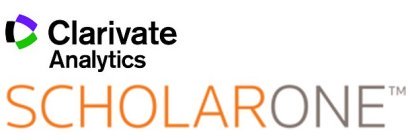Study of Drug Use in Ischemic Stroke Patients at Anutapura Hospital
DOI:
https://doi.org/10.22377/ijpscr.v3i03.171Abstract
Ischemic stroke is a clinical feature of dysfunction or damage to brain tissue caused by minimal blood flow to the brain, thereby inhibiting the flow of blood and oxygen to the brain. Stroke is one of the diseases which until now has become a health problem globally and nationally because of its increasing prevalence rate. The purpose of this study was to determine the study of drug use and the appropriate use of ischemic stroke medication based on the right patient indicators, the right indication, the right drug, and the right dose in stroke patients at Anutapura General Hospital in Palu in 2021. The subjects of this study were inpatient ischemic stroke patients who met the inclusion criteria. The object of this study was inpatient medical record data diagnosed with ischemic stroke for the January–December 2021 period. The type of research conducted was descriptive research, the results of 30 medical record data showed characteristics of ischemic stroke sufferers, based on gender characteristics showed the highest number with male sex of 17 people (56.67%), characteristics based on age 56–65 years a number of 26 people (86.67%), characteristics of comorbidities a number of 21 people (70.00%). Overall, the most widely used drug class is the nootropic, neurotonic, and cerebral activator, namely, citicoline, followed by the neurotropic and antiplatelet groups. The use of supporting drugs with the highest use of therapy is amlodipine. From this study, it can be concluded that the treatment of ischemic stroke based on the parameters of the right indication, the right drug, the right patient, and the right dose is 100% right.
Downloads
Downloads
Published
How to Cite
Issue
Section
License
Copyright (c) 2024 B R Nahata Smriti Sansthan International Journal of Phramaceutical Sciences & Clinical Research

This work is licensed under a Creative Commons Attribution-NonCommercial 4.0 International License.
This is an Open Access article distributed under the terms of the Attribution-Noncommercial 4.0 International License [CC BY-NC 4.0], which requires that reusers give credit to the creator. It allows reusers to distribute, remix, adapt, and build upon the material in any medium or format, for noncommercial purposes only.







